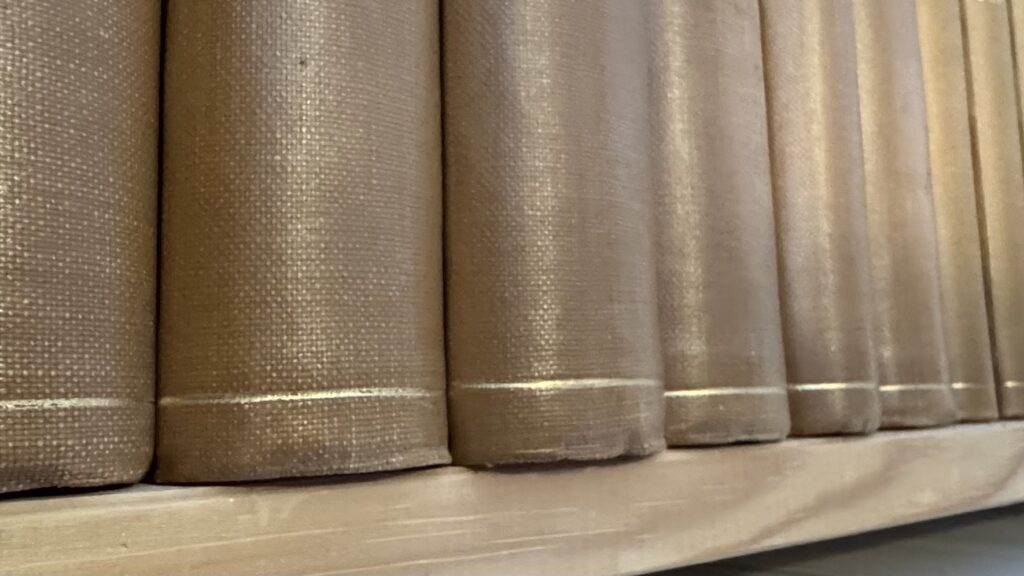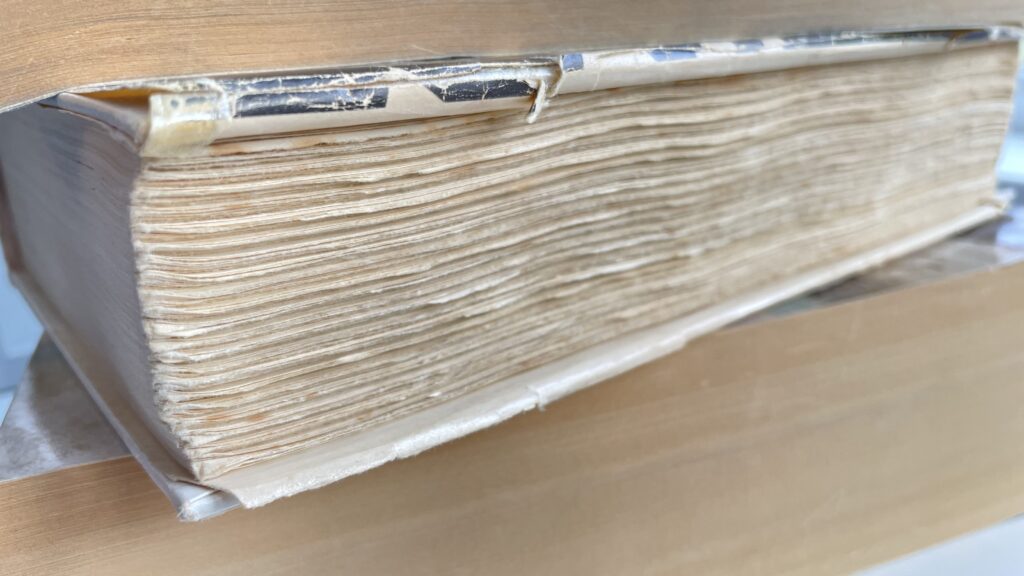
A conversation about infinity inspired by The Library of Babel by Jorge Luis Borges. Presented by Katie Steckles and Peter Rowlett.

Podcast: Play in new window | Download
Subscribe: RSS | List of episodes

A conversation about infinity inspired by The Library of Babel by Jorge Luis Borges. Presented by Katie Steckles and Peter Rowlett.

Podcast: Play in new window | Download
Subscribe: RSS | List of episodes
Here’s a round-up of some news we didn’t cover on the Aperiodical in the last couple of months.

A conversation about mathematics and literature inspired by a book. Presented by Katie Steckles and Peter Rowlett with special guest Sarah Hart, author of Once Upon a Prime: The Wondrous Connections Between Mathematics and Literature.

Podcast: Play in new window | Download
Subscribe: RSS | List of episodes
On top of the usual disclosures, I should add that Dave Gale and I interviewed Samuel Hansen this week for our Wrong, But Useful podcast, which you might like to listen to for a deeper insight into Samuel’s brain.
During the conversation, he warned me I wouldn’t like Episode 4 of the new Relatively Prime, “Diegetic Plots, Chapter 1”. I don’t know if that was expectation management or an elaborate double bluff, but the joke’s on you, Hansen: I jolly well did like it, so there!
US organisations the Mathematical Sciences Research Institute (MSRI) and the Children’s Book Council (CBC) have founded a youth book prize, called Mathical: Books for Kids from Tots to Teens. The prizes, awarded for the first time this year, recognise the most inspiring maths-related fiction and nonfiction books aimed at young people. This year, they’ve awarded a set of prizes for books released in 2014, as well as honouring books published been 2009 and 2014, plus two ‘hall of fame’ winners from the further past.
It’s a tool; a ratio, providing us simple rules for doing circular estimates. Admired regularly – and we all remember that today’s pi! Hooray! Let’s eat pie.
You may have noticed that the first paragraph of this article was immensely poorly written, and didn’t sound like good writing at all. And you’d be right – except writing it wasn’t easy as you’d think. I’ve written it under a constraint – that is, I’ve picked an arbitrary rule to follow, and have had to choose my words carefully in order to do so.
There’s no Nobel Prize for Mathematics
This is a common statement. I’ve certainly used it myself. Recently it occurred to me to be annoyed with this.
Nobel Prizes are awarded in physics, chemistry, medicine, literature, peace and economics, but not mathematics.
On the other hand, mathematics is widely applicable and I think I could convince you it is certainly used in physics (career), chemistry (career), biology (career), medicine (career) and economics (career). (Links to the excellent Plus Magazine and Maths Careers.) The case for literature and peace might be a bit harder to sell. But even without these two we still have a majority.
So perhaps from now on I will try to remember to say:
Most of the Nobel Prizes are for Mathematics1
[1. there is a fallacy here: for example, saying that some mathematics can be applied to economics does not mean that all economics involves mathematics. But, shh!]